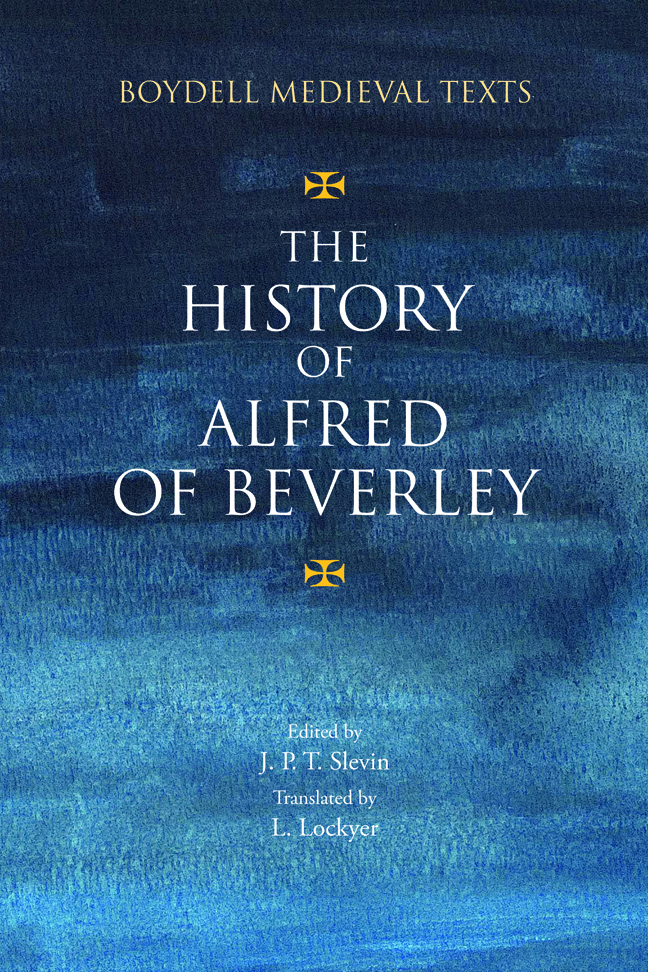Chapter IV
Published online by Cambridge University Press: 17 February 2024
Summary
The prologue to the fourth chapter begins
The fourth era of the British kingdom, with which we are now dealing, was wretched and abject and one more worthy of lamentation than description. For indeed, while the Christian faith was being torn apart by various heresies, the country itself was also suffering frequent incursions from foreign peoples, as is clearly confirmed, on the evidence of the British as well as the English histories, in the following account.
The fourth chapter begins
Now after Gratian Municeps had been killed by the common people, as was described above, the Romans ceased to rule in Britain and for a long while the Britons, leaderless and defenceless, were plundered by neighbouring enemies. Earlier on, before the above-mentioned tyrant Maximus arrived in Britain, that is, in the days of the emperor Constantine, the Arian heresy had arisen, corrupting the whole world and infecting this island, so remote from the world, with the poison of its error. Once this had been spread across the sea, like a route for contagion, the plague of every kind of heresy at once poured itself forth in full force upon the island which always delights in hearing something new and holds firmly to no sure belief. And so, on account of the foolhardiness of this universal error, the island deserved, as a punishment, to have tyrants in place of princes. Because of the arrogant rashness of those tyrants, the British part of Britain which, as explained above, had been stripped of all its armed men, its military supplies, and even the whole flower of its active youth, lay completely exposed to plunderers, since the inhabitants were utterly ignorant of the practice of warfare.
Denique, cum post mortem Maximi diuulgatum esset per cetera regna de nece Gratiani, subito duabus gentibus transmarinis uehementer saeuis, id est Scottorum a circio, Pictorum ab Aquilone, multos stupet gemitque per annos; qui conducentes secum Norwegenses et Dacos, regnum a mari usque ad mare ferro et flamma uastauerunt. Transmarinas autem dicimus has duas gentes, non quod extra Britanniam essent positae, sed quod a parte Britonum erant remotae, duobus sinibus maris interiacentibus, quorum unus ab orientali mari, alter ab occidentali Britanniae terras longe lateque irrumpit, quamuis ad se inuicem pertingere non possint. Orientalis autem habet in medio sui urbem Giudi, occidentalis supra se, hoc est, ad dexteram sui, habet urbem Arclud, quod lingua eorum signat Petram Clut.
- Type
- Chapter
- Information
- The History of Alfred of Beverley , pp. 43 - 47Publisher: Boydell & BrewerPrint publication year: 2023

